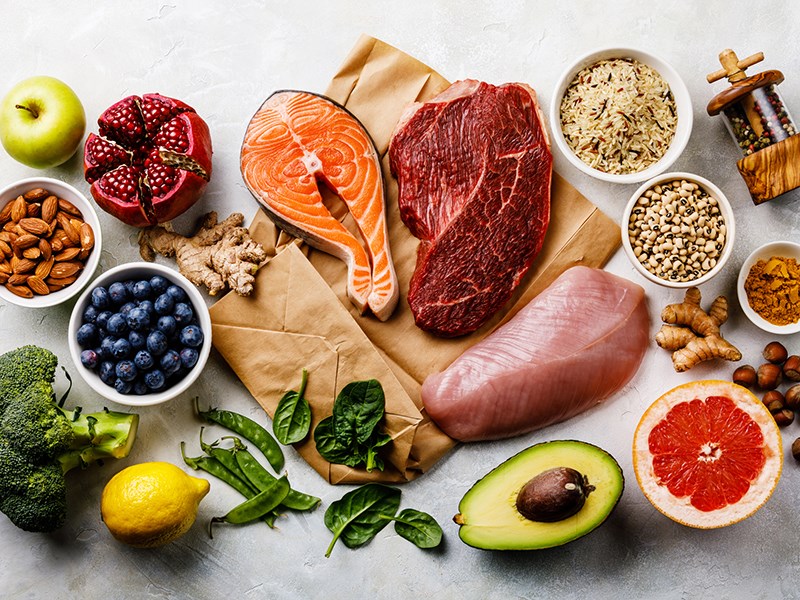Over the course of four months, 360 Powell River residents participated in a Meatless Monday campaign endorsed by the city. How many of those participants will continue to set aside one day per week to be a vegetarian or vegan? How many will expand from one day per week to several days, or every day of the week.
Campaign organizer Emma Levez Larocque touted the resulting lower carbon footprint and impact on greenhouse gas emissions at a recent committee of the whole meeting. Regardless of how people feel about climate change, that in itself is unlikely to provide the incentive for someone to alter their diet long term, or forever.
It may be enough for some, but the health benefits of eating more plant-based food, also promoted in the campaign, is far more likely to result in a move to vegetarianism, veganism, or simply choosing to minimize the intake of animal protein.
As much as some people want to believe the big picture will entice meat consumers to convert, it is still a “me first” world out there for the most part.
People tend to get their backs up when told what to do. When it comes to food, many are even more passionate and demand to make their own choice, whatever the possible consequences.
Optimal health ranks high on the list of importance for most individuals. If a choice also results in lowering greenhouse gas emissions, great, but there is no stronger motivator than taking care of one’s own health.
Informing someone that choices they make today and going forward can help prevent chronic diseases, which was also promoted in the Meatless Monday campaign, hits home more than statistics on total carbon dioxide equivalent emissions saved by participants of the program.
People must be informed of the suggested possible consequences and they can choose to accept them, or not. It is up to each individual to take action, or not. The information is out there. Sure, it takes time to slog through misinformation about food choices and find the truth, but where health is concerned, the time is worth it.
Is it all about meat though? Is there anything else contributing to chronic diseases? When will there be a campaign to reduce the amount of sugar consumed by the average Canadian?
What about processed food? If it is vegetarian or vegan, is the processed product better or worse than eating animal protein?
Life is full of choices, and everyone makes several decisions per day involving food. What do you think about first before eating something with too much fat, salt or sugar; the planet or the effect it will have on your body?



